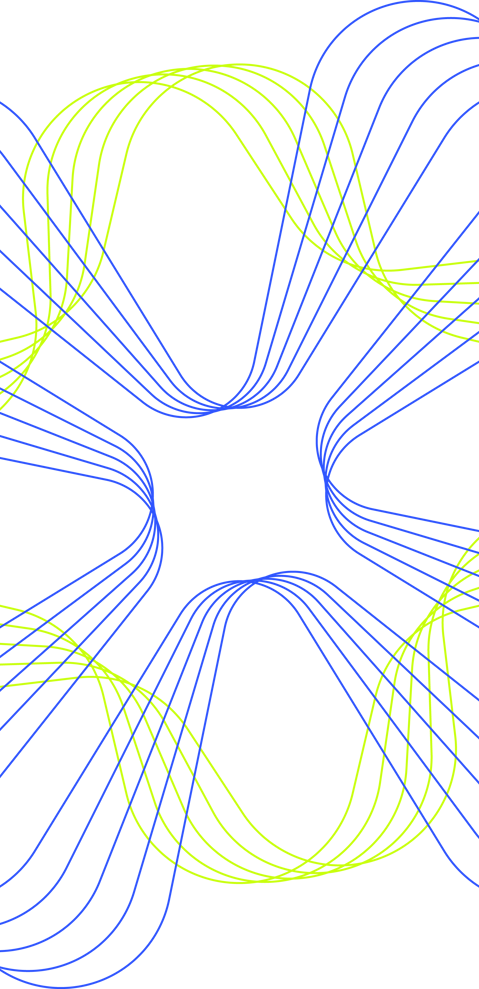
Insights through Images: Advanced Radiology Assessments

Insights through Images: Advanced Radiology Assessments
Radiology assessments have revolutionized medical diagnostics, providing invaluable insights through detailed imaging. In this article, we’ll delve into the significance of advanced radiology assessments, exploring the diverse modalities, their applications, and the pivotal role they play in modern healthcare.
Evolution of Radiology Technology
The landscape of radiology assessments has evolved significantly, propelled by technological advancements. From traditional X-rays to sophisticated modalities like magnetic resonance imaging (MRI) and computed tomography (CT), these technologies offer unparalleled clarity and depth, enabling healthcare professionals to visualize internal structures with precision.
Diagnostic Precision with CT Scans
Computed tomography (CT) scans have become indispensable in diagnostic medicine. Using X-rays and computer processing, CT scans create detailed cross-sectional images of the body. This technology is particularly valuable for detecting abnormalities in organs, bones, and soft tissues. Its speed and precision contribute to swift and accurate diagnoses.
Visualizing Soft Tissues with MRI
Magnetic resonance imaging (MRI) stands out for its ability to provide detailed images of soft tissues, including the brain, muscles, and joints. By utilizing magnetic fields and radio waves, MRI offers exceptional contrast and resolution, making it an invaluable tool for diagnosing conditions such as neurological disorders, musculoskeletal issues, and tumors.
Unveiling Hidden Structures with Ultrasound
Ultrasound imaging relies on sound waves to create real-time images of internal structures. This non-invasive and radiation-free modality is widely used for examining organs like the heart, liver, and reproductive organs. It is especially valuable in obstetrics for monitoring fetal development during pregnancy.
Nuclear Medicine’s Functional Insight
Nuclear medicine provides functional insights by introducing small amounts of radioactive materials into the body. Positron emission tomography (PET) and single-photon emission computed tomography (SPECT) are common nuclear medicine techniques. They reveal metabolic activity, aiding in cancer detection, cardiovascular assessments, and neurological studies.
Digital Radiography: Enhancing Efficiency
Digital radiography has replaced traditional film-based X-rays with digital sensors. This advancement enhances efficiency by allowing instant image capture and manipulation. Digital radiography is widely used for various diagnostic purposes, offering a rapid and eco-friendly alternative to traditional methods.
Interventional Radiology: Minimally Invasive Procedures
Interventional radiology combines imaging technology with minimally invasive procedures. This approach allows radiologists to perform therapeutic interventions guided by real-time imaging. Procedures such as angiography, embolization, and biopsies are carried out with precision, minimizing risks and promoting quicker recovery.
3D and 4D Imaging: A New Dimension
Advanced radiology assessments now include three-dimensional (3D) and even four-dimensional (4D) imaging. These technologies provide a more comprehensive view of anatomical structures, enhancing the ability to assess complex relationships within the body. 3D and 4D imaging contribute to improved pre-surgical planning and interventional procedures.
Artificial Intelligence in Radiology
The integration of artificial intelligence (AI) in radiology has further elevated diagnostic capabilities. AI algorithms analyze vast amounts of imaging data, aiding in the detection of anomalies, pattern recognition, and even predicting potential health risks. This technology enhances diagnostic accuracy and expedites the interpretation of radiological studies.
The Role of Radiology Assessments in Personalized Medicine
Radiology assessments play a pivotal role in personalized medicine. By providing detailed anatomical and functional information, these assessments contribute to tailoring medical treatments to individual patients. This approach ensures that interventions are precisely aligned with each patient’s unique healthcare needs.
Explore Advanced Radiology Assessments at Dylan Messaging
To explore more about advanced radiology assessments and their transformative impact on healthcare, visit Radiology Assessments. Discover insights, resources, and information to deepen your understanding of the evolving world of radiology and its crucial role in modern medicine.
In conclusion, advanced radiology assessments have become indispensable tools in modern healthcare, offering unparalleled insights into the human body’s intricacies. From CT scans and MRI to ultrasound and nuclear medicine, these technologies contribute to accurate diagnoses and informed medical interventions. As technology continues to advance, radiology assessments play a central role in shaping the future of personalized and precise medical care.



